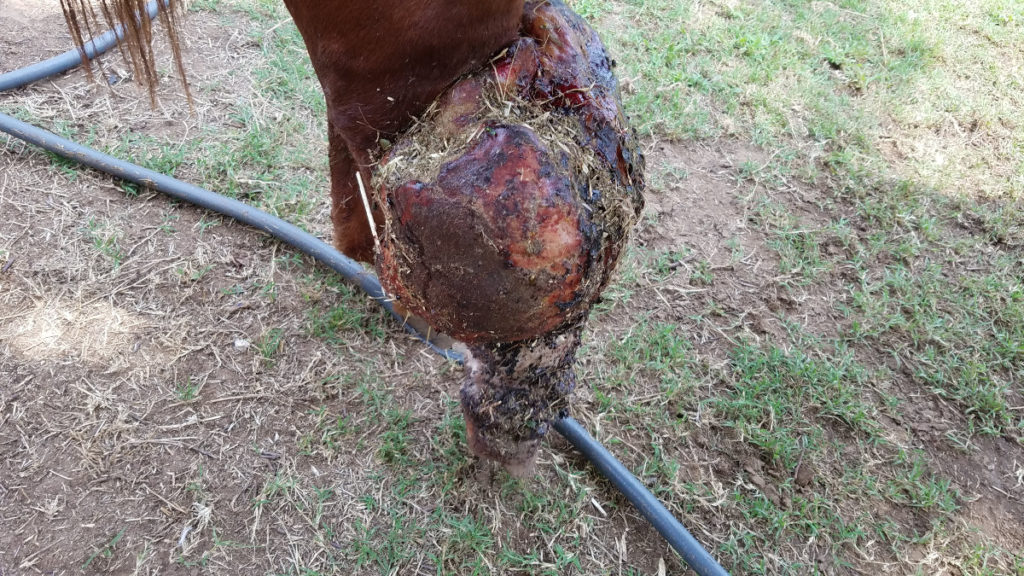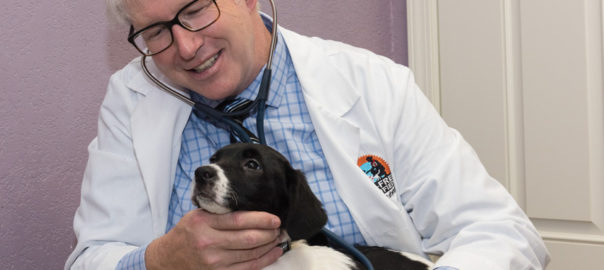One of my team members recently had to leave early from a mountain vacation when her dog developed severe altitude sickness, requiring hospitalization. Coincidentally, a reader just wrote me about that very subject – here’s my answer, which should cover what you need to know before your next “Rocky Mountain High”!
Q: Can pets get altitude sickness? What are the signs?
A: Yes, they can. It’s not especially common, but it does occur.
For more details, I asked an expert for more information: Karen Sanderson, DVM, a veterinary cardiologist at Rocky Mountain Veterinary Cardiology in Boulder, Colorado. She says the pets she sees who typically have a problem are those who experience severe rises in pulmonary artery pressures. Problems may be seen at elevations of 6,000 feet and higher.
“The decrease in oxygen tension here causes the pulmonary arteries to constrict,” Dr. Sanderson says. “If the pet already has some pulmonary hypertension, the additional constriction may push them into the severe category and cause clinical symptoms.”
Not surprisingly, the breeds at highest risk are brachycephalic dogs such as boxers, bulldogs and pugs. Dr. Sanderson also sees cases in small-breed dogs such as Chihuahuas. Pets who may have mild pulmonary hypertension at sea level can become worse at altitude. Senior dogs may be at risk as well. It’s not a seasonal problem, but many of the cases Dr. Sanderson sees are in summer because people are on vacation during that time.
Signs include labored breathing and fainting. Pets may also vomit or have diarrhea or lose their appetite. If you are moving or you take your pet on vacation to an area at high altitude, such as certain parts of Colorado or New Mexico, your pet will likely be fine, but if you notice those signs, take him to the nearest emergency clinic for oxygen and medical support. Most animals recover well after treatment and returning to their normal altitude.
“Pets without known heart disease should do fine,” Dr. Sanderson says. “The rare times they experience problems would be difficult to anticipate.”
Read more, including why Paris is for pets, in this week’s Pet Connection!





